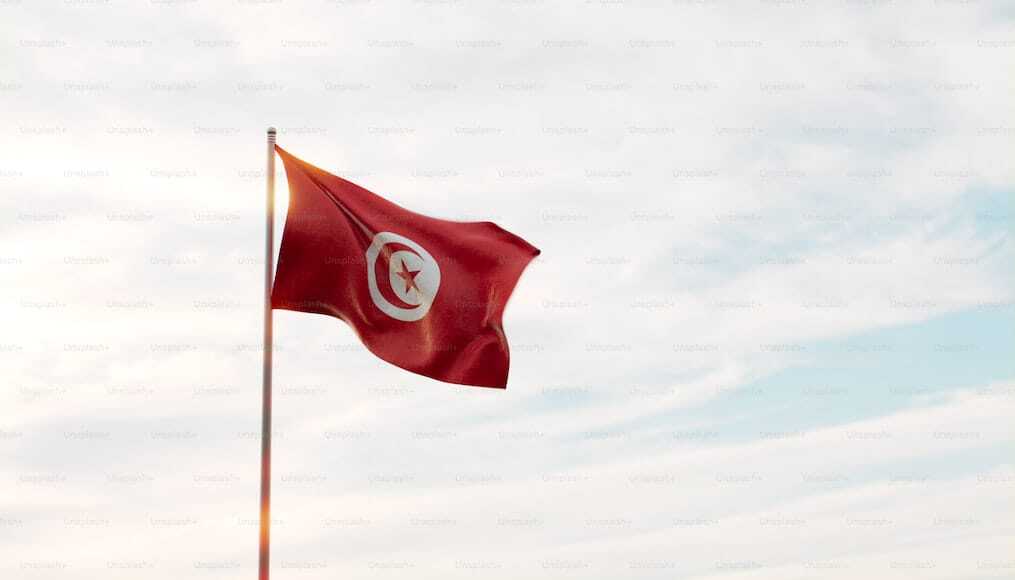Sanjana B, Pune
Tunisia and The European Union have signed an agreement to prevent irregular migration from Africa to Europe. The “strategic partnership”, which was signed in Tunis on Sunday, also aims at providing the North African country with economic assistance when required.
This decision to prevent illegal migration was taken due to a hike in the number of migrants and refugees entering Europe in the last few months. European Commission President Ursula Von der Leyen, Italian PM Giorgia Meloni, and Dutch Prime Minister Mark Rutte were present at the meeting with Tunisian President Kais Saied.
The deal promises £90m (813 crores) to strengthen borders and prevent smuggling. Tunisia has become a gateway through which migrants enter Europe. This year alone, 72,000 people have immigrated to the continent, mostly Italy.
In a press release, the European Commission said that the five pillars of development offered were “macro-economic stability, trade and investment, green energy transition, people-to-people links, migration, and mobility”.
The deal maintained that migrants at the border would be treated with “full respect of human rights”. The agreement will supposedly boost Tunisia’s economy through socio-economic reforms. The EU has in the past, donated a loan of £764m (7000 crores) to help Tunisia out of its economic crisis.
In her speech, Italian PM Meloni said the Memorandum of Understanding marked “another important step towards tackling the migration crisis in an integrated way”. She also remarked that the partnership between the country and the EU could be seen as a “model for the establishment of new relations with North Africa”.
Black migrants in Tunisia have also been subject to aggravated violence over the past few months. President Saied had accused migrants of changing the country’s demographic, calling them “traitors working for foreign countries”. He has also been accused of promoting xenophobia and racism, trying to distract the citizens from the ongoing economic crisis in the country. Tunisia, despite its majority Arab population, has about 15% black population.
